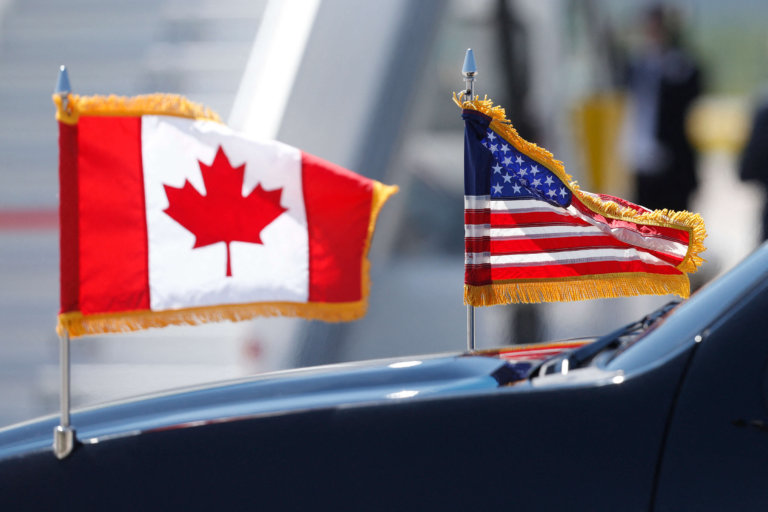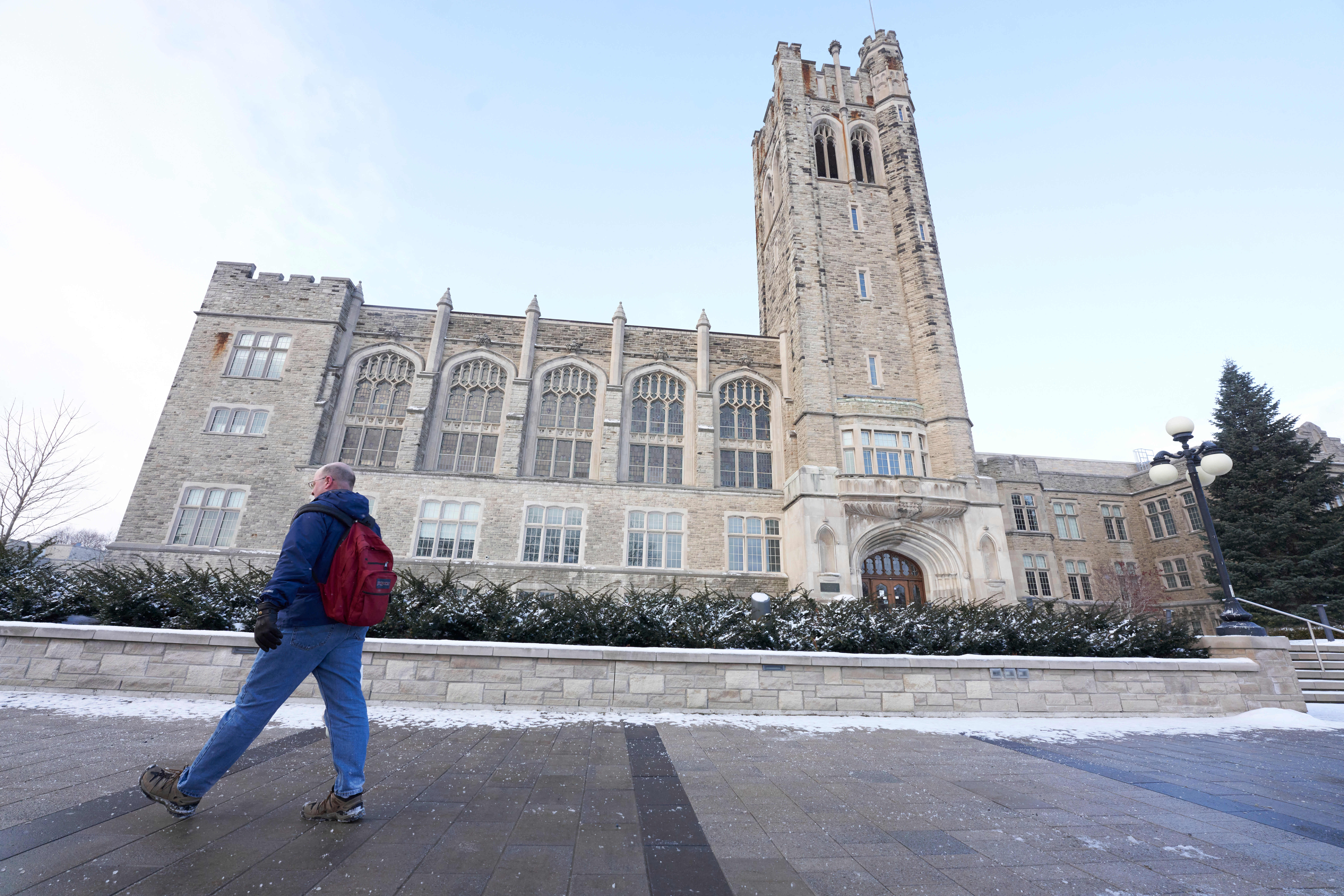
Look out, America. There’s a new contender for the world’s top study destination, and it’s just right up north.
Recent findings found that the US is losing international students to Canada, especially in the field of Science, Technology, Engineering and Mathematics (STEM). Among them are Indian students in STEM courses, who have been one of the largest cohorts of foreign student population in the US. Now, it seems that the tide has shifted to Canada, thanks to the country’s friendlier immigration policies.
New research published by the National Foundation for American Policy (NFAP) found that international student enrollment dipped by seven percent at American universities, but increased by 52% at Canadian colleges and universities between 2016-19. Within the same period, the study observed that enrolment of Indian students in science and engineering at the master’s level declined by 40% in the US, but skyrocketed by 182% at Canadian tertiary institutions.

Canada offers some of the best STEM programmes in the world, with cheaper international tuition costs compared to the US. Source: Geoff Robins/AFP
The shift in preference is largely due to stringent American immigration policies. Unlike the US, Canada is well-known for its visa and immigration schemes that allow international students to remain in the country after their studies. Its post-graduation work permit (PGWP) is commonly seen as the first major step towards obtaining permanent resident status.
“Canada is benefiting from a diversion of young Indian tech workers from US destinations, largely because of the challenges of obtaining and renewing H-1B visas and finding a reliable route to US permanent residence,” Peter Rekai, a Toronto-based immigration lawyer, was quoted saying in Forbes.
Canadian STEM courses: On par with American universities, but with better fees
Canada isn’t lacking in university choices either in terms of outstanding STEM courses. Its universities have pioneered some of the biggest modern breakthroughs in life sciences, including stem cell research and insulin. The country has five universities listed among the top 100 in the world in the fields of computer science, engineering and medicine, according to the 2022 Times Higher Education World University Rankings.
There’s also the cost factor to consider when it comes to Indian students’ decision to study abroad. International undergraduate fees in Canada average around US$26,495 in 2021-22 — cheaper than the US’ average cost of around US$43,000-50,000 per year for out-of-state, depending on the institution. Add a fast-track study permit processing for Indian nationals through the Student Direct Stream programme, and Canada’s allure is just too good to resist.

Despite the US’ new amendments to the OTP Extension Programme in the US to draw more international students, Canada’s more flexible post-study work policies are more popular among foreign students. Source: Xavier Galiana/AFP
International graduates of STEM courses can find opportunities in both countries, but Canada is a clear winner when it comes to ease in securing work permits. “The policies in Canada are much friendlier to international students because of that clear understanding that education is a pathway to careers and the workforce,” said international education expert Rajika Bhandari in an interview with Bloomberg.
Even with new STEM courses added to the US’ Optional Practical Training Programme (OPT), the visa extension is restrictive and comes with certain conditions. “The applied work opportunities that international students have after their studies, through the OPT Programme, are incredibly fraught,” Bhandari remarked. “It’s an endless process of waiting and not knowing. You’re applying for your OPT work permit, and then you’re waiting and waiting, because you don’t know when it’ll come through.”
With the possibility of rewarding careers and permanent residency down the line, it’s hardly surprising then that more Indian students are flocking to Canada each year. Between 2016-19, the number of Indian students who successfully obtained PR status grew 105%.
Regardless of the prestige attached to STEM courses in American universities, its restrictive post-study immigration policies will keep deterring international students from its shores. “Maintaining the status quo is a recipe for stagnant or falling international student enrollment and less innovation and prosperity in the U.S. economy,” writes NFAP’s Executive Director, Stuart Anderson.










